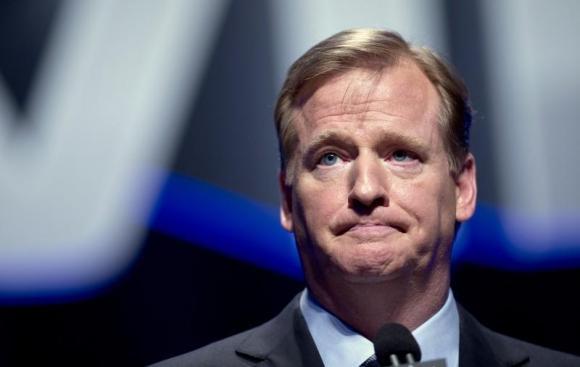For the NFL, the (reputation) hits just keep on coming. Commissioner Roger Goodell’s press briefing following the release of the notorious Ray Rice videotape in which he knocks then-fiancee Janay Palmer unconscious is a lesson in crisis PR, but mostly about what not to do. Here are some of the more instructive learnings from the NFL’s efforts to manage its battered reputation. In this case, the errors outnumber the wins, starting with these “Don’ts”:
In the event of a crisis, do NOT:
Hope that you can run out the clock. Goodell waited ten days to fully address the situation, which was about 9 days too many, given its seriousness and the credibility stakes. Although it’s not always realistic to face the press right away because facts must be gathered, the delay allowed the situation to fester, and it made the League look like it’s hiding something.
Go for deniability. The League handed down that initial two-game suspension for Rice based on the part of the videotape that shows him dragging an unconscious Palmer out of a hotel elevator. It later claimed to lack full knowledge of what had happened a few seconds earlier. But even if Goodell never actually saw the full videotape, his story doesn’t stand up. Anyone who wanted it could have obtained it. It’s clear that Goodell either didn’t want to know, or wasn’t willing to accept responsibility once he did know.
Ignore the victims. Goodell’s statement on Friday was targeted more to the team owners than the NFL’s fans or the many victims of domestic violence at the hands of players over the years. And though it’s unclear if the League pressed Palmer to express regret about “her role in the situation,” her public apology – issued well before Goodell opted to speak to the press – was embarrassing and sad, and it reinforced the NFL’s lack of accountability.
Ignore stakeholders. It’s impossible to know if the NFL tried to tap major sponsors to unveil its proposed changes, or if it previewed the information with them, but it’s a good idea. When Goodell was asked about sponsors, he expressed hope that they would stick with the League, only to have P&G drop its breast cancer awareness tie-in shortly thereafter.
Avoid objective scrutiny. The investigation led by former FBI head Robert Mueller, whose firm has ties to the NFL, made the League look like it was retreating into a protective huddle. It should have been more sensitive to the optics here at the very least.
Don’t get emotional. Showing anger or regret in a public situation can be tricky, but a little passion can go a long way in showing you care. Goodell’s robotic delivery didn’t do much to convince observers that he’s truly invested in tackling the problem or its cost in pain and suffering.
Here are some things that Goodell did right:
DO:
Admit mistakes. “I got it wrong,” were the Commissioner’s words. It may be too little, too late, but admitting to the wrong call is the first step in limiting reputation damage.
Outline the fix. Goodell followed the classic crisis PR playbook by outlining changes to the League’s personal conduct policy, educational programs, and relationships with two major domestic violence organizations. He also gave a timetable for the plans, which is vital to restoring credibility.
Despite his efforts, it looks like the NFL will only move past this latest reputation crisis when Goodell steps down or is sacked. TMZ’s easy acquisition of the “rest” of the videotape has badly damaged the League’s credibility. What’s more, the Commissioner’s actions just weren’t enough to satisfy the chorus of media and advocates determined to hold the NFL accountable for the Rice scandal, as well as its history of lenience in the wake of a years-long disgrace.
